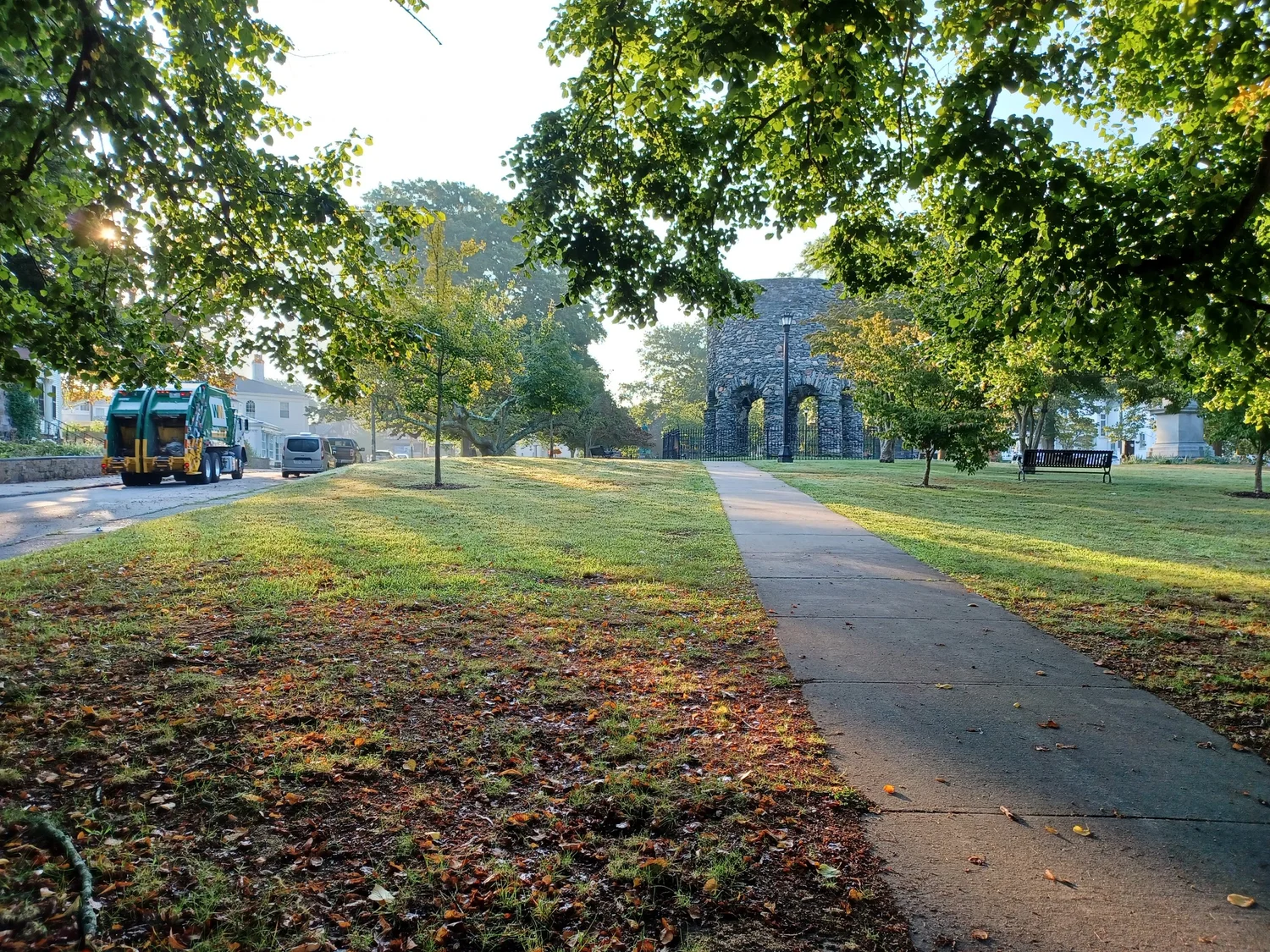Project Rationale
/
THE PROPOSITION: When students see climate and cities and themselves as intertwined systems, they can think creatively about how to make cities healthier amid the uncertainty of climate change.
WHY IT’S USEFUL: Because of its scope and complexity, climate change defies the traditional environmentalist strategy of teaching the difference between good and bad. Students should learn to live with less carbon- but they need to learn to live through crises with people who hold different views. Or who, more likely, suffer the universal tendency to double down the things they already know and express this tendency as skepticism or despair about the human causes of climate change.
My project-based approach starts with human psychology and ends with a real project. So kids learn that climate change is a factual symptom of human weaknesses- and one they can make less devastating with critical analysis of the systems that shape their daily lives.
Kids devise ways to create more green space, consume less, share more trust with neighbors and produce more local food. They do this in terms they can then work to apply. And they do it for an ambitious but realistic reason. We don’t tell them that a local intervention will stop climate change. We teach them that a well-designed intervention can sustain socially generous human behaviors.
PROCESS: We start with games and exercises that teach kids about humans’ psychological limits. We see the human tendency to anchor in available information, regress to familiar behavior, and obey authority. Then we explore how the climate system responded to the buildup in mass consumption. Then we diagram likely effects on kids’ lives, discuss relevant psychology and set up a role-play game in which kids negotiate a real solution to a real urban problem.
All along, kids document their responses and intentions in journal entries. I use these journal entries to teach writing and persuasion. When they negotiate in their role play, they share written memos that I likewise edit. At the end of the role play, they come to a consensus for a real proposal. For instance, if they’ve acted out a negotiation on how to reduce heat-related deaths in a hypothetical neighborhood, I guide them to figure out how to press for steps to reduce urban heat island effects.
OUTCOMES: Kids work in teams toward a definable goal that they share with the community. They present their project to school and civic leaders, absorb the leaders’ feedback and plug in a follow-up plan to make their proposals real. Along the way, they know the fun of play-acting (and the fun of organizing). They practice writing as they craft memos and share daily logs. And they learn the science of psychology studies in intuitive experiments with community controls.
P
I use these tools:
Psychology: games and exercises.
Climate science as a mismatch between human systems and ecological systems.
Urban planning as the chance to change the real-estate system around us to manage the mismatch.
DATA: I worked with 44 students as a guest in private high schools, with 23 students as a guest in a public school, and with 15 middle-school students as a solo teacher in a summer program. While I adjusted format and deliveries, each session yielded these results:
Kids learned to play collaborative roles in designing a city improvement that would temper floods and heatwaves and promote personal contact across generations.
Kids presented their proposals to adults who had not seen the proposals develop, to universal praise.
Kids went from feeling helpless about “stopping climate change,” and wishing for a celebrity to persuade everyone to quit carbon, to feeling invested in a dynamic system that can promote wider public health.
The high school kids said they could take their proposals into the real system, and connected them in some way with the power structure outside their classroom.
Kids who started the unit saying there would be no hope for living with climate change changed demeanor and smiled, laughed and acknowledged each other more. This may reflect growing comfort with any content, or with me, but they expressed their outlook in terms of co-benefits and social cohesion.
FUTURE: This can be a semester-length course with units on cognitive biases, their implications for data and fear of data (including the danger of personal resilience), ways to read data, ways to measure long-long-long range experiments, the history of urban planning and its interactions with data, critical thinking on urban politics, the politics of urban planning in particular, and the balance of housing and open space. For an hourly fee I can customize it by age, specialty and product.
